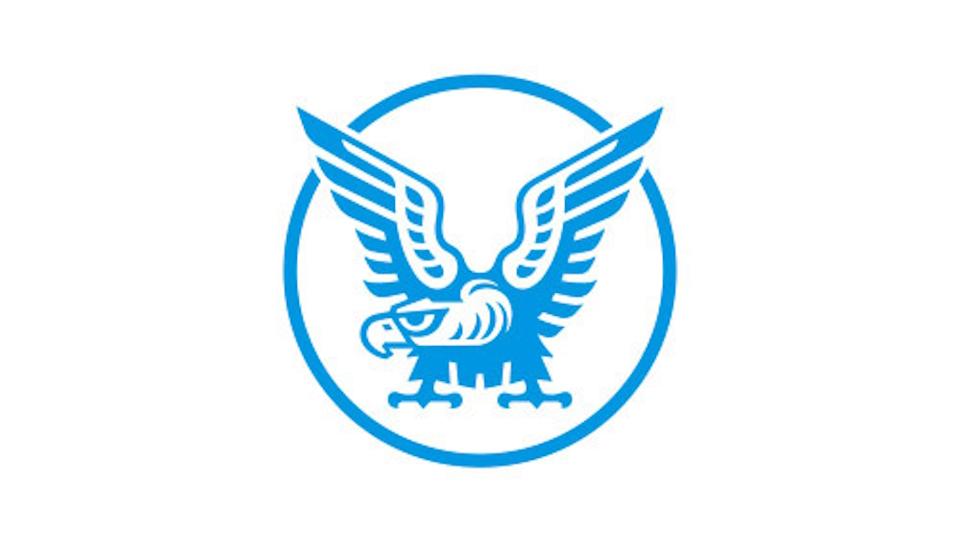Investors take issue with Taisho Pharma’s buyout price

Two investment funds have decided to contest Taisho Pharma’s recently announced management buyout plan in court, after failing to reach an agreement on the price.
According to a report in the Nikkei Asian Review, minority shareholders Curi RMB Capital and Oasis Management have petitioned the Tokyo District Court to block the forced divestment of their stakes in the Japanese drugmaker at the current offer price.
Taisho announced plans for an MBO towards the end of last year, with a tender offer price of JPY 8,620 ($58.56) per share which was a 50% premium on its average closing share price in the prior six months, valuing the company at around 710 billion yen (around $4.75 billion).
The tender offer, from a company led by founding family member Shigeru Uehara, was completed (PDF) in January but according to the newswire priced the company below its book value.
Curi RMB refused to take part in the offer, so was facing a forced divestment, and asked the court to set a higher price. Oasis Management also said it was concerned about the value of the deal, claiming it should have been at least JPY 11,000 per share, while both investors have complained about a lack of independent directors on a committee tasked with discussing shareholders’ interests.
Meanwhile, US asset management firm Kaname Capital also told Nikkei it is considering suing Taisho Pharma directors and special committee members for damages.
The consumer health and over-the-counter medicine manufacturer – the largest in Japan and known for brands like Lipovitan energy drinks and Pabron cough/cold range – has said that the MBO will improve the efficiency of its business, allow it to expand overseas, and generate a better return on R&D investments.
It also has a small prescription pharma business with products like Lusefi (luseogliflozin) for type 2 diabetes and osteoporosis therapy Bonviva (ibandronate) and, if the MBO goes through, plans to forge alliances to expand its range.
According to the current plan, current chief executive Akira Uehara will retain leadership of the company, while executive vice president Shigeru Uehara and company director Ken Uehara will also keep their respective roles. The company has said it stands by the MBO plan as it stands but will not comment further.












